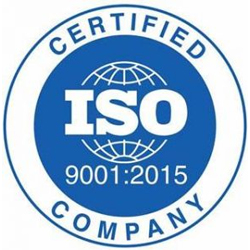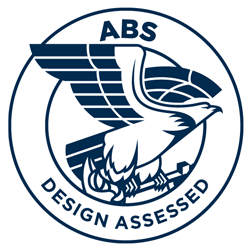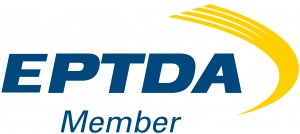Certifications
OUR QUALITY PROCESS
We Are Fully Committed
to maintaining quality control processes and accreditations as required for our product range in all markets.
Quality Assurance
The Thompson Couplings Ltd commitment to quality is built upon compliance with internationally recognised Quality Management Systems.
- We are certified to international quality standard ISO 9001:2015.
- Our range of couplings specifically designed to meet the exacting standards of API 610(ISO 13709) and ISO 14691.
- ATEX certification compliance for zones 1 and 2, where applicable.
- ABS certified on all series..

Quality Testing
We are also committed to helping our end customers with their specific application to design and supply the right coupling.
Below you will see the range of in house testing we have conducted to prove the efficiency and constant velocity features of our TCVJ products:
- Engine dynamometer life testing: This purpose built unit has been used to life test the TCVJ coupling under torque load using a 200kW diesel engine.
- Ultimate torsional stress tester: This hydraulic device enabled engineers to conduct destructive testing to determine the ultimate strength of the coupling.
- Axial load carrying capacity: This demonstration “helicopter” test device simulated the continual running of the TCVJ when subjected to an axial load of 1 tonne whilst articulated at a 10 degree shaft angle. Typical of a helicopter rotor head under full load and full tilt forward.
- Electric motor testing of TCVJ at angle: This small but powerful test rig enabled our engineers to demonstrate and validate the constant velocity nature of the TCVJ coupling through its full shaft angle range.
Guarantee and Warranty
Furthermore our highly trained staff can offer our customers expert engineering advice and consultation on specific driveline related issues in most types of industries.
European Approval


Independent University Testing
In comparison to the standard ball joint the efficiency of the Thompson Couplings joint was approximately independent from torque, speed and bending angle and reached much higher values. Hence the Thompson Couplings joint has the potential to increase the efficiency of drive lines, for example in automotive applications. Nevertheless the higher mass and space requirements of the joint, in comparison to standard fixed ball joints, pose a new challenge in automotive applications.
FKA
Forschungsgeselfschatt
Kraftfahrwesen mbH Aachen
SteinbachstraBe 7
52074 Aachen, Germany https://www.fka.de/en/




